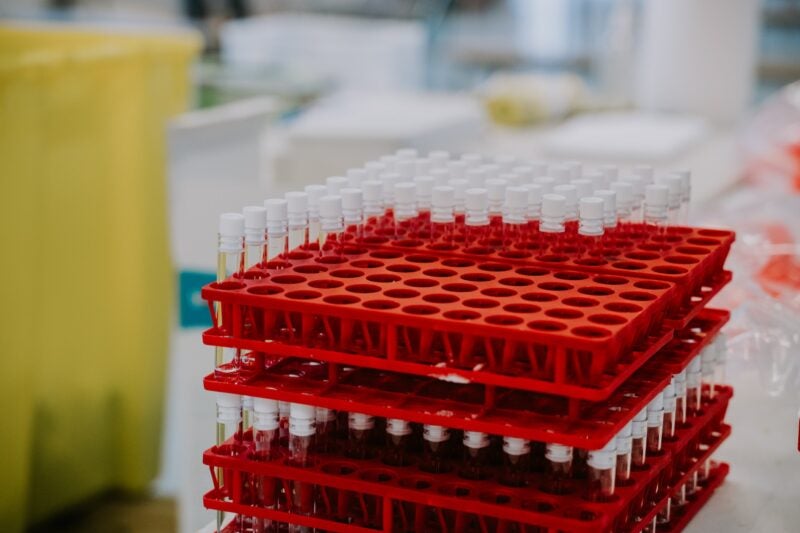
US-based life science company Mission Bio has unveiled its Tapestri Single-cell MRD (scMRD) AML Multiomics Assay to advance personalised healthcare for blood cancer patients.
Tapestri is a single-cell measurable residual disease (MRD) test intended to provide deep genotypic and immunophenotypic insights into MRD signatures within individual cells.
Mission Bio has designed the scMRD AML Multiomics Assay to address disease relapse and recurrence in acute myeloid leukaemia (AML). This will help prove the potential of single-cell DNA and protein multiomics to discover therapeutic targets in recurrent AML.
The Tapestri scMRD AML Multiomics Assay is said to be the only solution that integrates genotypic and immunophenotypic assessment.
It targets 40 genes for single-cell DNA sequencing based on current international AML MRD guidelines, such as European LeukemiaNet, and a 17-plex antibody-oligonucleotide conjugate (AOC) panel, designed for AML MRD-related biomarkers.
Using its integrated workflow, the test enables clinicians and researchers to differentiate true MRD from pre-leukemic or precursor clones with a 0.01% limit of detection.
It will also allow them to discover clonal architecture and reveal the order of acquisition of mutations, the life science company said.
In addition, the test will enable clinicians and researchers will use disease courses to monitor clonal dynamics and immunophenotypic drifts to detect therapeutic targets and therapy-resistance subclones.
Mission Bio chief medical officer Todd Druley said: “By simultaneously interrogating DNA and protein targets at single-cell resolution and characterising genotypic and immunophenotypic drifts over disease course, our assay not only identifies patients with recurrent AML but potentially offers clinicians actionable treatment targets.
“Tapestri could transform care with comprehensive MRD detection for potentially guiding targeted treatments in AML, multiple myeloma (MM), and other blood cancers.”
The data from a recent study has shown the assay’s potential to better predict AML recurrence.
Published by Memorial Sloan Kettering Cancer Centre, the results suggested that the test can identify clinically relevant variants missed by bulk next-generation sequencing.
The researchers also used the assay’s multiomic capabilities to show how the clonal architecture of leukaemia differs from that of pre-leukaemia and hematopoietic clones.
Together, the data indicates that the assay can detect AML relapse and can offer healthcare professionals data-driven guidance on individualised treatment plans, disease monitoring, and clinical trial stratification, according to Mission Bio.





